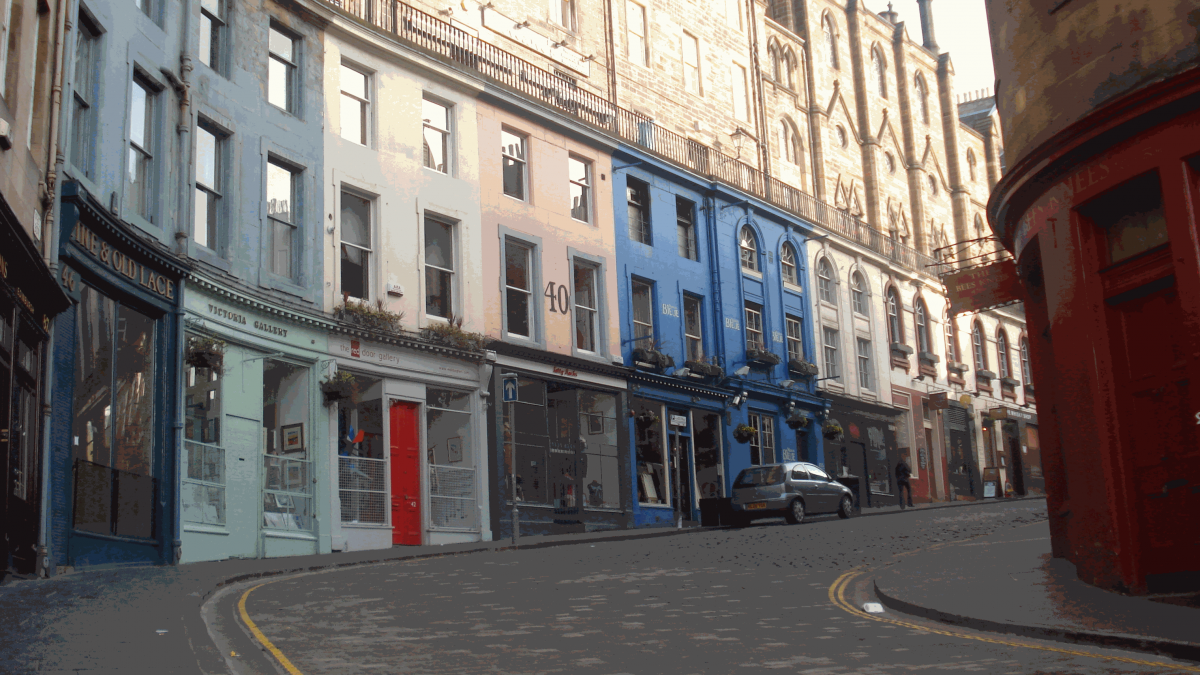The SESAME research project was funded by the Engineering and Physical Sciences Research Council (EPSRC) from December 2012 to June 2016. This interdisciplinary research involved new collaborations between engineering, hydrology, economics, business and the behavioural social sciences.
Project Aims
Many of the UK’s 4.5 million Small and Medium-sized Enterprises (SMEs) are exposed to the effects of flooding. As SMEs represent almost half of total business turnover in the country, their ability to withstand and recover quickly from floods is a vital part of the drive for greater climate change resilience. However, few SMEs have measures in place to ensure the continuity of their activities during a flood and its aftermath.
This project aimed to develop resources that encourage businesses to discover ways of becoming more resilient to floods and to appreciate how planning and adaptation can help protect them from ongoing flood risk. Taking some of the mystery out of flooding and flood risk, it aimed to make it possible for the UK’s SMEs to deal with this risk with the same business acumen that enables them to deal with the many other challenges they face. The project also aimed to assess the overall economic impact of flooding on small businesses and the knock-on effects on the wider economy.
Project Summary
The flooding of a business’s premises causes loss, disruption and distress for staff, clients and owners and also impacts upon the wider economy. To reduce these negative effects, businesses in at-risk areas benefit from learning how to prepare for such events. Currently, small businesses rarely have proper plans in place for ensuring the continuity of their activities. The SESAME project had five constituent parts with computer-based modelling of business behaviour at its core.
Researchers within SESAME conducted empirical research (through open interviews with business owners and local networks in seven case study areas) into the behaviours of SMEs. Through these, they explored business interactions with other organisations such as emergency services, insurers and customers. This social science data gathering fed into computer modelling of business behaviours and the analysis of economic impacts. This innovative approach also informed the development of resources for businesses that provide the information, understanding and confidence necessary to make businesses financially, physically and operationally more resilient to flooding.
Additional resources for businesses from SESAME
Guidance document: Preparing and responding to flooding – A practical guide for SME business continuity
Co-produced e-learning tool to foster business flood resilience: www.floodresilientbusiness.co.uk.
Seven fact sheets provide information on the research:
- Modelling small and medium sized enterprises to assess ways that they can improve their response to flood events
- Modelling small and medium sized enterprises to assess ways that they can improve their response to flood events
- How small and medium sized enterprises respond to and recover from, flood events
- Small and medium sized enterprises: the role of social capital in organisational resilience
- Managing flood footprints for a resilient economy and society in the UK
- Finding out why businesses respond in different ways to flooding
- Co-production in the development of a prototype e-learning tool to promote small business adaptation to flood risk
SESAME Project Team
- Dr Graham Coates, Durham University
- Professor Dabo Guan, University of East Anglia
- Dr Tim Harries, Kingston University, London
- Professor Lindsey McEwen, University of the West of England, Bristol
- Dr Martina McGuinness, University of Sheffield
- Professor Nigel Wright, University of Leeds
More about SESAME
Further information about the SESAME project can be found at: sesame.uk.com
Follow the SESAME project on Twitter @Resilient_SME
Image: Old Town, Edinburgh by Kevin Gibbons | CC BY 2.0


